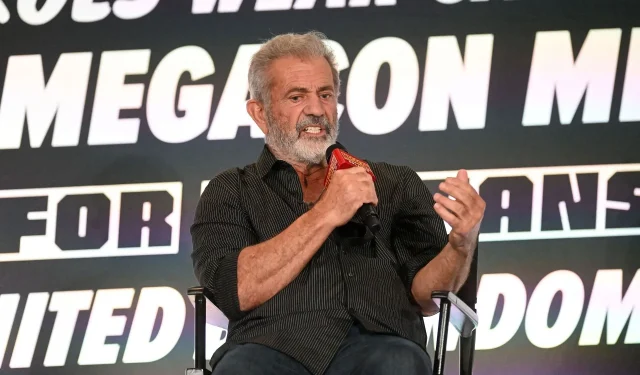Elizabeth G. Oyer, the former U.S. Pardon Attorney at the Department of Justice (DOJ), recently made headlines by claiming her dismissal was linked to her refusal to restore Mel Gibson’s gun rights. In a New York Times article dated March 10, 2025, Oyer alleged that she was abruptly fired without any clear explanation, but had her suspicions regarding possible motives.
At the heart of her claims is a request from officials at Deputy Attorney General Todd Blanche’s office to add Gibson to the list of individuals seeking restoration of their gun rights. Oyer has yet to receive a response from either Gibson or the DOJ regarding her accusation.
Mel Gibson’s right to possess firearms was revoked following a misdemeanor domestic violence conviction in 2011 involving his ex-girlfriend, Oksana Grigorieva. Although he pleaded no contest—neither admitting to nor denying the charge—he was nonetheless convicted. Under federal law, individuals with such domestic violence convictions are prohibited from owning firearms.
Details Behind the Refusal to Reinstate Gun Rights
In her interview with the Times, Oyer elaborated on her reasoning for rejecting the request to reinstate Gibson’s gun rights, emphasizing the gravity of the situation. “Giving guns back to domestic abusers is a serious matter that, in my view, is not something that I could recommend lightly, because there are real consequences that flow from people who have a history of domestic violence being in possession of firearms,” she stated.
Oyer recounted her experience while working to restore the gun rights of various individuals with convictions. Initially, she was involved in a group that aimed to facilitate this process for 95 applicants, a list later reduced to nine individuals eligible for restoration. She subsequently complied with a directive to draft a memo for these nine, only to receive a last-minute request to include Gibson’s name.
The request was reportedly accompanied by a letter from Gibson’s legal team, sent to senior DOJ officials in January. The letter argued for restoring the actor’s gun rights, citing his designation by President Donald Trump as a “special ambassador”to Hollywood, alongside accolades regarding his successful entertainment career.
Despite the persuasive arguments from Gibson’s representatives, Oyer expressed that she found the request troubling, especially due to the actor’s history of domestic violence. As a result, she formally communicated to her superiors her inability to recommend Gibson for the restoration of rights.
Later on, a male supervisor allegedly pressed Oyer for a compromise, suggesting her refusal was too rigid. He remarked that Gibson’s reported personal relationship with Trump provided a sufficient rationale for her to reconsider. Ultimately, Oyer was informed of her termination just a day later.
In addition, it’s worth noting that President Trump appointed Mel Gibson as a special ambassador to Hollywood in January via Truth Social, a move that has garnered attention amid these developments.


